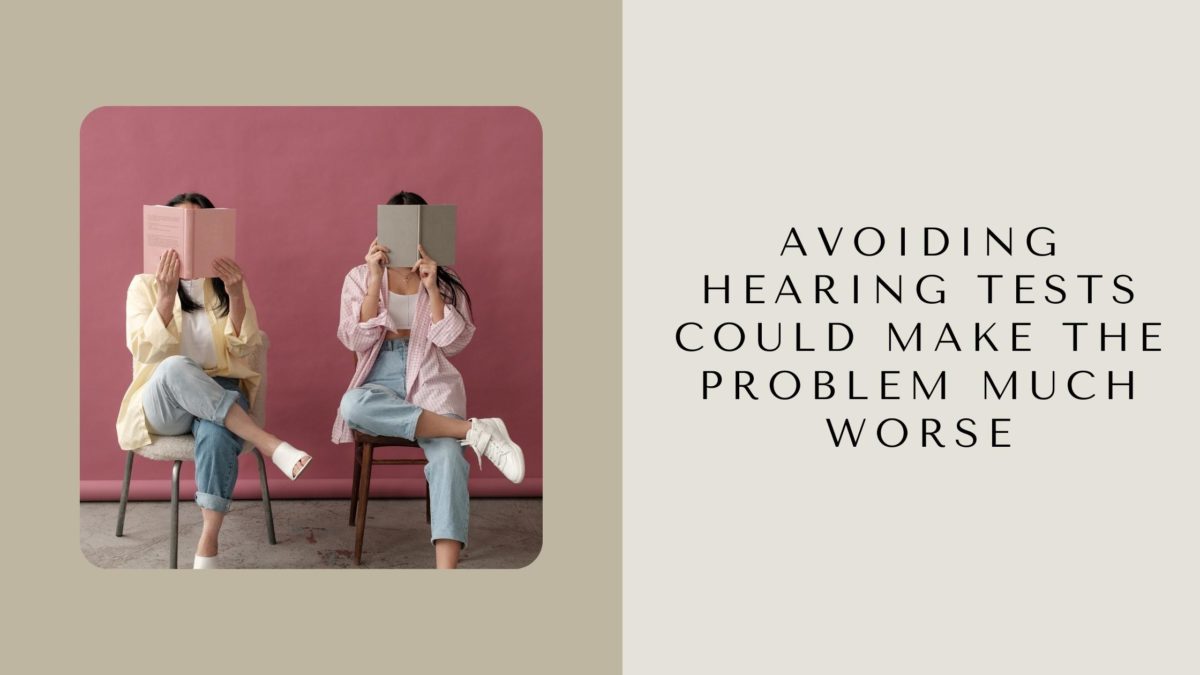According to the Hearing Loss Association of America, roughly 48 million Americans (20%) suffer from hearing loss. Hearing loss becomes more common as people get older. Hearing loss affects over one-third of Americans between the ages of 65 and 74, and nearly half of those over 75, making it the third most common chronic health issue among the elderly.
Unfortunately, only 20% of those who could benefit from treatment seek assistance. Even though hearing aids can help in most cases of hearing loss, most people wait until they are unable to converse, even in the best of listening settings, before seeking help. Hearing aid users, on average, wait more than ten years following their first diagnosis to receive their first set of hearing aids.
The slow march of hearing loss
Our hearing will naturally decrease over time, whether due to excessive loudness at work or for enjoyment. Presbycusis is an age-related hearing loss that can be caused by various variables, including age, heredity, noise exposure, and chronic disease. Though hearing loss is more common as you become older, your listening habits can impact your hearing at any age.
It’s difficult to tell when to get your hearing checked because hearing loss occurs gradually and worsens with time. It may appear harmless to put off getting a hearing test and treatment because you believe you can compensate for your hearing loss just fine. This could hardly be more untrue. Untreated hearing loss can hurt practically every part of your life, and the longer you wait, the worse it will become.
Consequences of untreated hearing loss
While it may appear that not addressing your hearing loss is merely a hearing problem, untreated hearing loss can impact your emotional health, physical health, and emotional health.
A loss of speech understanding
Hearing loss causes a decline in speech understanding, referred to as auditory deprivation. Hearing loss, in simple terms, deprives the auditory regions of the brain of acoustic information. The longer you wait to receive hearing aids, the more difficult it will be to re-learn what your brain has been missing.
An increase in the risk of dementia
Seniors and old individuals who claim to have hearing loss but do not utilize hearing aids are at a substantially higher risk of Dementia, according to a large French scientific study that followed over 3,800 people for 25 years. According to the study, persons who use hearing aids have no higher risk than people who do not have hearing loss. The study also discovered that those who wore hearing aids had a lower incidence of Dementia.
Reduced earning power
People with untreated hearing loss earn much less than people with normal hearing or those who manage their hearing loss, according to the Better Hearing Institute’s study of 40,000 households. Those with substantial hearing loss earned $12,000 less per year than those with modest hearing loss. The findings also clearly demonstrated that as the severity of hearing loss grew, so did income. According to the study, the cost of lost earnings in the United States due to untreated hearing loss is estimated to be $122 billion, resulting in $18 billion in uncollected federal taxes.
Cardiovascular Disease
According to studies, healthy circulation is vital for sustaining excellent hearing health. Inadequate blood supply and trauma to the inner ear’s blood vessels, on the other hand, can cause hearing loss.
Social isolation
Social isolation is also a prominent risk factor for Dementia in older people. Hearing loss that goes untreated makes it difficult for people to participate in social activities, even within their own families. They may retreat from their loved ones, causing them to feel lonely.
Make an appointment to have your hearing checked today
Hearing loss can profoundly impact many aspects of your life and well-being. Don’t let your health deteriorate in any of these ways by waiting. The sooner you get your hearing checked, the easier it will be to recover from your hearing loss and continue to live the healthiest life possible. To schedule a hearing test, please get in touch with us immediately.

